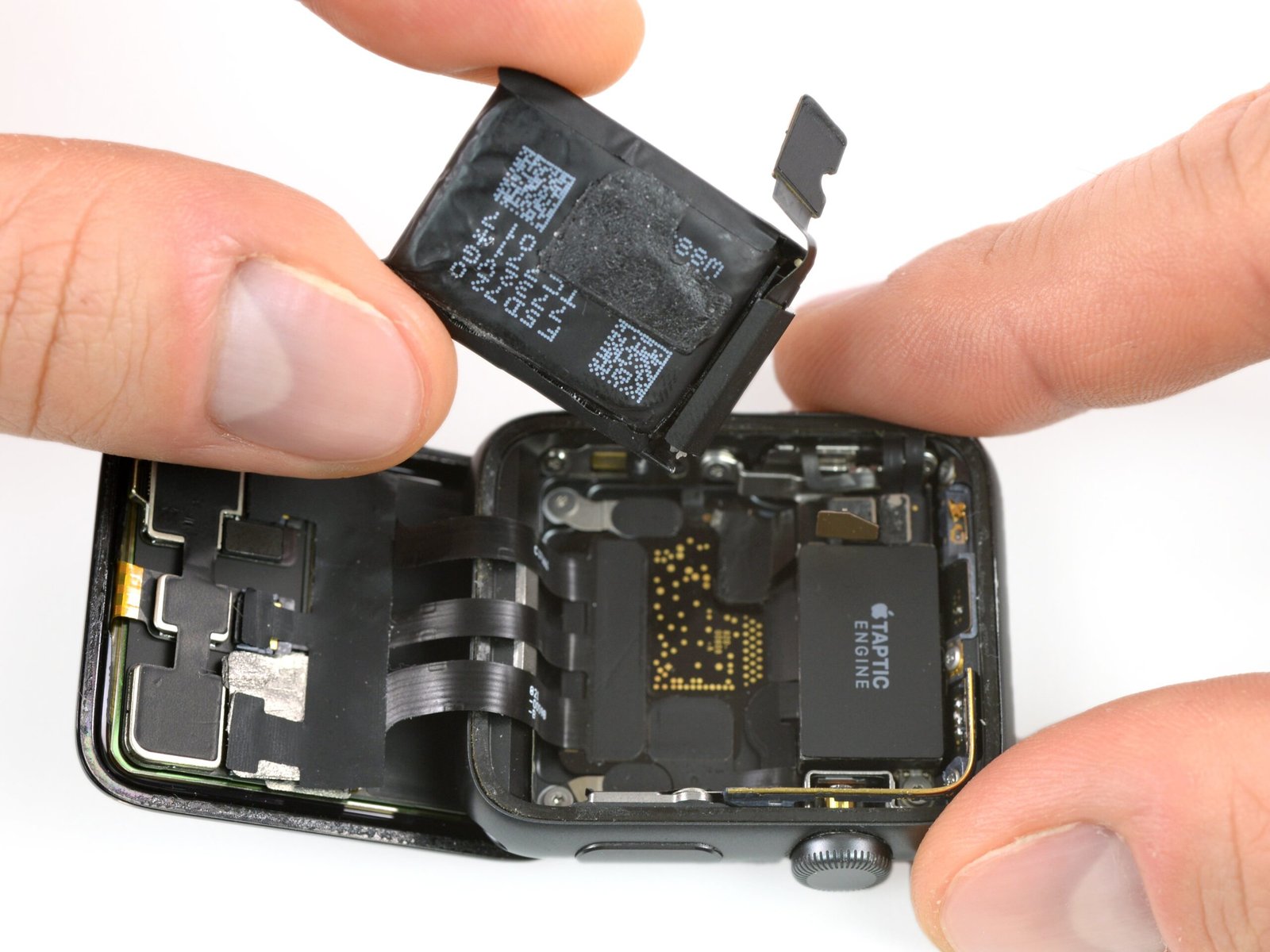Apple has recently dropped a subtle but significant update: the cost for out-of-warranty battery replacements for some Apple Watch models has surged by 25%.
Previously, replacing a drained or faulty battery for any Apple Watch model would set you back $79. However, following Apple’s latest product event, the company stealthily updated its website to reflect the new battery service fee of $99 for Apple Watch Series 4 and later models. If you own a Series 2 or Series 3 Apple Watch, you can breathe a sigh of relief; the replacement cost for these older models remains at the previous $79 rate. It’s noteworthy that first-generation Apple Watches are now officially outdated and no longer qualify for battery repairs.

Why the increase, you might wonder? This move aligns with Apple’s pricing strategy across its range of products. Earlier this year, we saw the company hike up battery replacement fees for the iPhone, iPad, and Mac as well. For example, replacing a battery on the iPhone 14 now costs $99, up from $89 for prior generations. Even some older models like the iPhone 6 have their own fee, standing at $69.
Battery replacement services can be availed at Apple retail locations through the Genius Bar, by utilizing their online mail-in service, or at authorized Apple resellers. If you’ve opted for AppleCare+, you may not have to dig into your pocket at all. You’ll be eligible for a complimentary battery repair if your Apple Watch’s battery capacity dwindles below 80%. This can be verified by navigating to Settings > Battery on your watch’s interface.

While Apple has been relatively silent about the new pricing, it doesn’t entirely come as a curveball. With tech becoming more advanced and perhaps more costly to maintain, these gradual hikes in service prices seem to be the new normal in Apple’s business playbook. For more information on Apple Watch repairs and battery replacements, their official website is the go-to resource.
So the next time you feel your Apple Watch‘s power dwindling, be prepared to part with a bit more of your own financial “energy.”